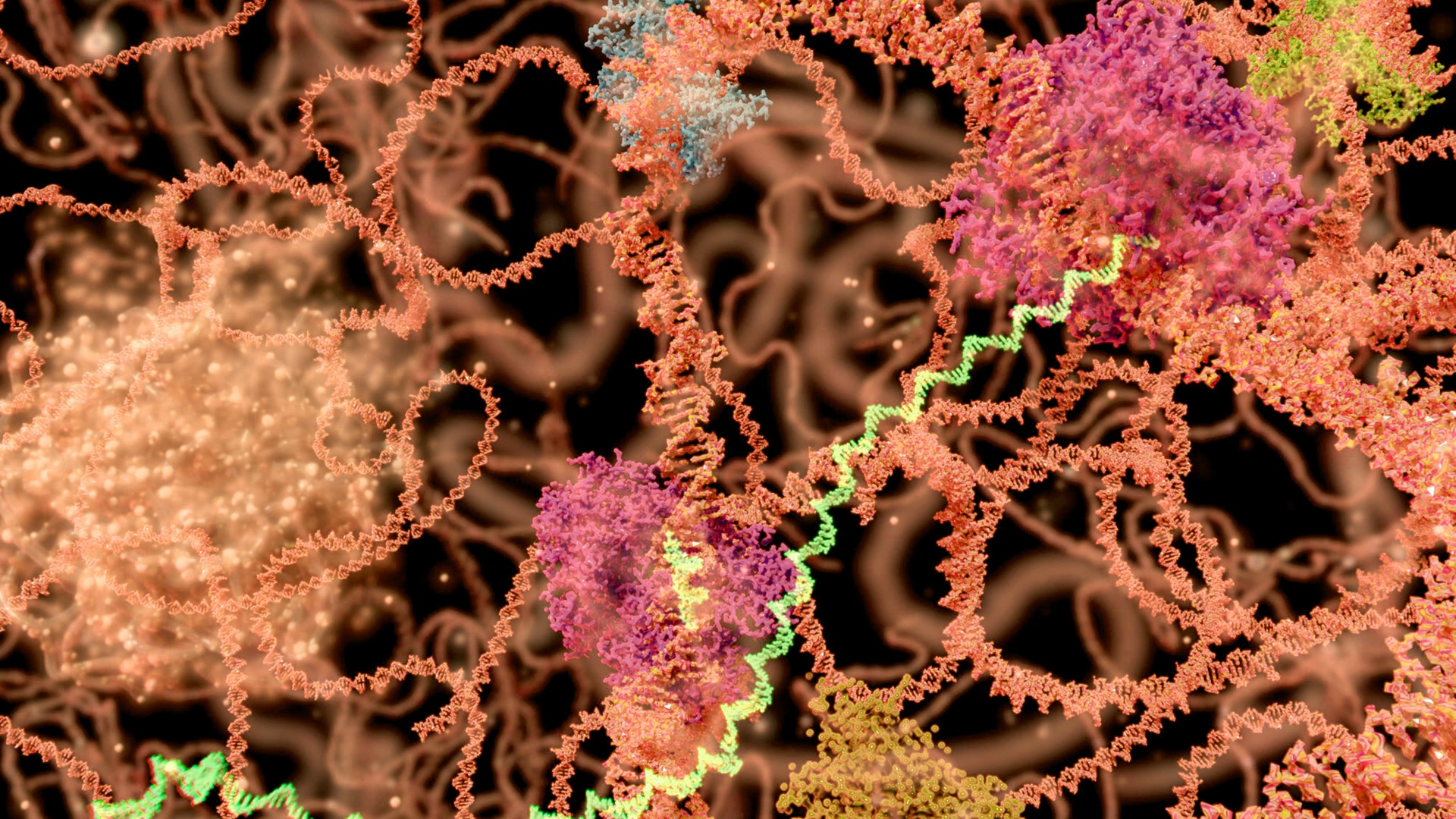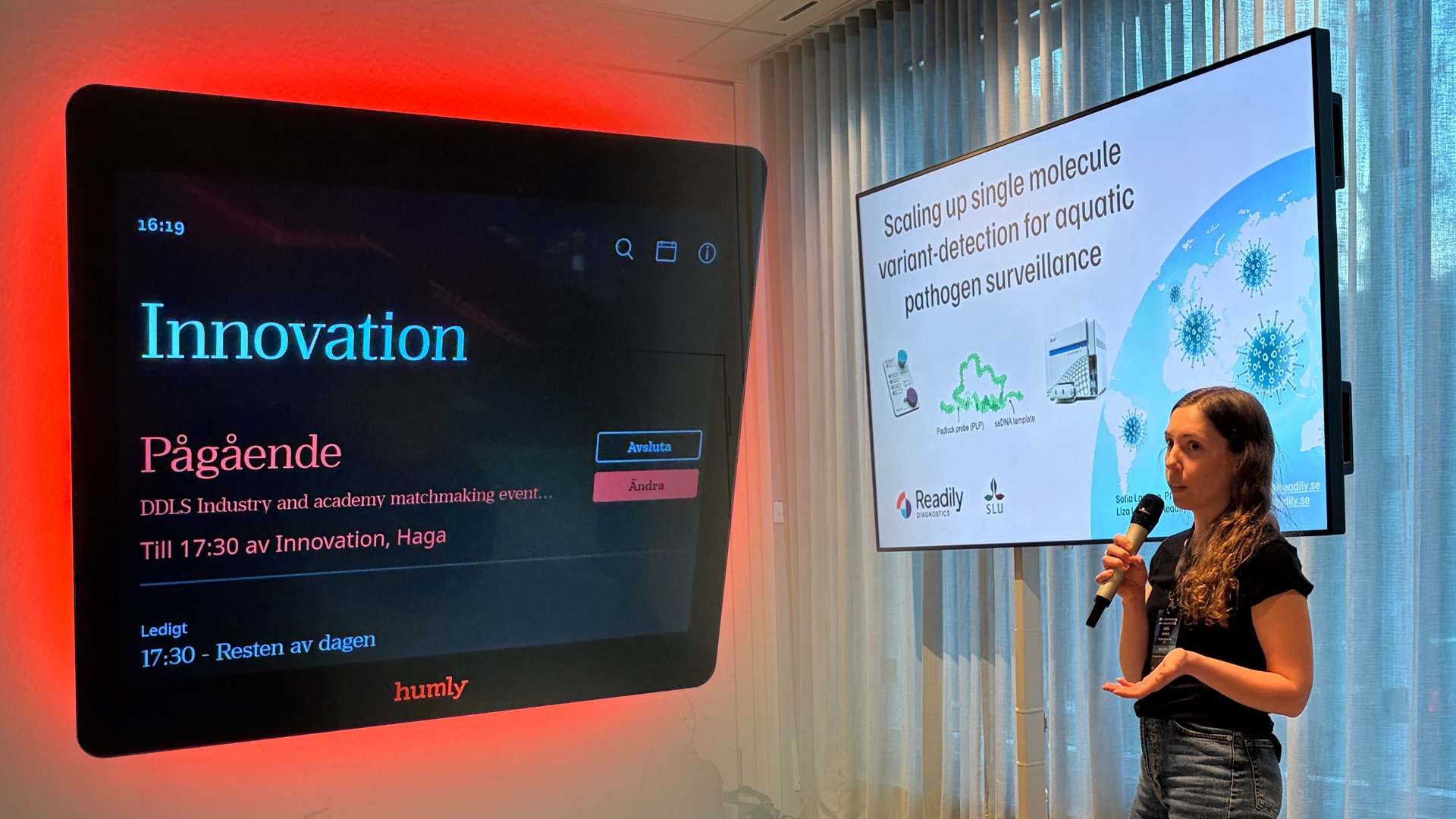Studying gene synchronicity in mammalian single cells
Researchers from Stockholm and Barcelona have applied a new approach to study gene expression synchronicity (covariation) in single cells. They found that synchronicity is orchestrated by nuclear organization, transcription factors and microRNAs. They further provide evidence that this synchronicity has important functions in ensuring stoichiometry between proteins that are part of the same complex.
Single-cell RNA sequencing is excellent for studying gene co-expression patterns and can lead to new regulatory and functional insights. So far, insights from single-cell experiments have been limited by confounding effects caused by differentiation and the cell cycle.
In a recent study published in Nature Communications and led by SciLifeLab Fellow Marc Friedländer, researchers from Stockholm University and the CRG in Barcelona managed to eliminate these effects by using a new experimental design. This way they were able to report thousands of intrinsically co-varying gene pairs in mouse embryonic stem cells. These covariations form a network with biological properties, outlining known and novel gene interactions.
The researchers also provided the first evidence that microRNAs, small non-coding RNA molecules that can regulate gene expression, can naturally induce transcriptome-wide covariations, and they compare the relative importance of nuclear organization, transcriptional and post-transcriptional regulation in defining covariations.
“We find that nuclear organization has the greatest impact, and that genes encoding for physically interacting proteins specifically tend to co-vary, suggesting importance for protein complex formation. Our results lend support to the concept of post-transcriptional RNA operons, but we further present evidence that nuclear proximity of genes may provide substantial functional regulation in mammalian single cells”, says Marcel Tarbier, PhD student in the lab of Marc Friedländer and first author of the study.





